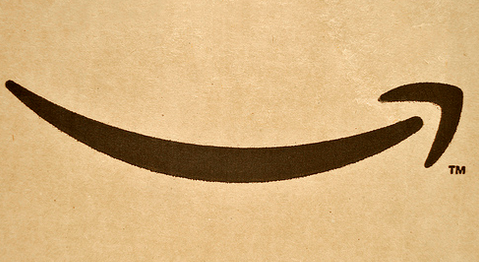 Amazon "will soon sell a higher-end Kindle with a rechargeable protective case for extended battery life," the Wall Street Journal reported, citing a person familiar with the matter who said the removable cover will allow the Kindle to be thinner than earlier versions. In addition, a separate Kindle case with a battery that can be charged using solar power is also under development, according to another source, though it is unlikely to be released in the immediate future.
Amazon "will soon sell a higher-end Kindle with a rechargeable protective case for extended battery life," the Wall Street Journal reported, citing a person familiar with the matter who said the removable cover will allow the Kindle to be thinner than earlier versions. In addition, a separate Kindle case with a battery that can be charged using solar power is also under development, according to another source, though it is unlikely to be released in the immediate future.
On Twitter Monday, CEO Jeff Bezos teased an upcoming "all-new, top of the line Kindle" and said the company would reveal details next week.
The new Kindle and case are code-named "Whiskey" and "Soda," respectively, and the solar-powered case is known internally as "Sunkiss" among engineers at Lab126, Amazon's Silicon Valley hardware development unit, WSJ noted.
---
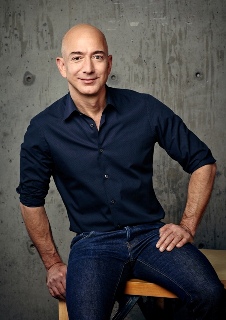 In a 4,000-plus-word letter to shareholders (available in full from Forbes), besides trumpeting the company's growth and future projects, Amazon CEO and founder Jeff Bezos offered "a word about corporate cultures," something for which the company has been criticized, particularly last year in a New York Times feature. It's also a subject he didn't comment on publicly in all the discussion at the time.
In a 4,000-plus-word letter to shareholders (available in full from Forbes), besides trumpeting the company's growth and future projects, Amazon CEO and founder Jeff Bezos offered "a word about corporate cultures," something for which the company has been criticized, particularly last year in a New York Times feature. It's also a subject he didn't comment on publicly in all the discussion at the time.
"For better or for worse, [corporate cultures] are enduring, stable, hard to change," Bezos wrote. "They can be a source of advantage or disadvantage. You can write down your corporate culture, but when you do so, you're discovering it, uncovering it--not creating it. It is created slowly over time by the people and by events--by the stories of past success and failure that become a deep part of the company lore. If it's a distinctive culture, it will fit certain people like a custom-made glove. The reason cultures are so stable in time is because people self-select. Someone energized by competitive zeal may select and be happy in one culture, while someone who loves to pioneer and invent may choose another. The world, thankfully, is full of many high-performing, highly distinctive corporate cultures. We never claim that our approach is the right one--just that it's ours--and over the last two decades, we've collected a large group of like-minded people. Folks who find our approach energizing and meaningful."
He then added, "I believe we are the best place in the world to fail (we have plenty of practice!), and failure and invention are inseparable twins. To invent you have to experiment, and if you know in advance that it's going to work, it's not an experiment. Most large organizations embrace the idea of invention, but are not willing to suffer the string of failed experiments necessary to get there."
From there, he went on to discuss, in great detail, Amazon's risky successes--particularly "the three big offerings," Amazon Prime, Marketplace and cloud web services--and lauded the company's size, which "enables us to build services for customers that we could otherwise never even contemplate. But also, if we're not vigilant and thoughtful, size could slow us down and diminish our inventiveness."
---
Amazon is expanding its Prime Free Same-Day Delivery to several more metropolitan areas, including Charlotte, Cincinnati, Fresno, Louisville, Milwaukee, Nashville, Raleigh, Richmond, Sacramento, Stockton and Tucson, as well as new areas in central New Jersey, Dallas-Fort Worth, Los Angeles and San Diego. These additions bring the total number of metro areas in the U.S. now served by Prime Free Same-Day Delivery to 27, accounting for more than 1,000 cities and towns.
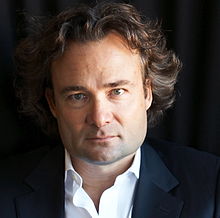






SHELFAWARENESS.0213.S4.DIFFICULTTOPICSWEBINAR.gif)




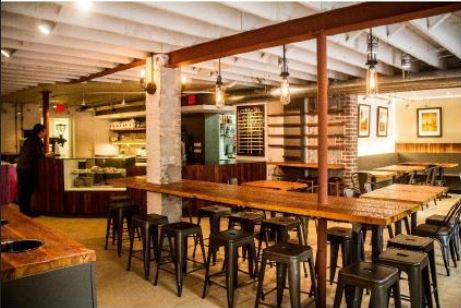 Each month the Den will feature a cookbook from P&P, with a dish on the menu selected from the cookbook. The Den also will offer tie-ins to author talks in the bookstore with literary and food-themed menu items as well as special activities. Upcoming examples: an addition to the menu for Mother's Day Brunch on May 8, and crimson drinks and food for author Justin Cronin's appearance on May 25, a tribute to his popular vampire novels.
Each month the Den will feature a cookbook from P&P, with a dish on the menu selected from the cookbook. The Den also will offer tie-ins to author talks in the bookstore with literary and food-themed menu items as well as special activities. Upcoming examples: an addition to the menu for Mother's Day Brunch on May 8, and crimson drinks and food for author Justin Cronin's appearance on May 25, a tribute to his popular vampire novels.
 Amazon "will soon sell a
Amazon "will soon sell a  In a 4,000-plus-word letter to shareholders (available
In a 4,000-plus-word letter to shareholders (available SHELFAWARENESS.0213.T3.DIFFICULTTOPICSWEBINAR.gif)
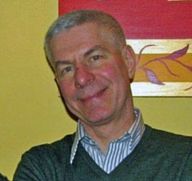
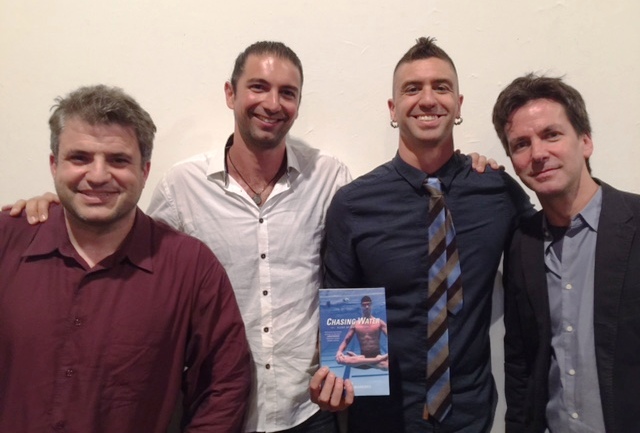 Olympic gold medalist Anthony Ervin celebrated the publication of his memoir, Chasing Water (Edge of Sports/Akashic), written with swim trainer and journalist Constantine Markides, at PowerHouse Arena in New York City on Saturday night. Pictured: (l.-r.) Edge of Sports publisher Dave Zirin, Markides, Ervin and Akashic publisher Johnny Temple.
Olympic gold medalist Anthony Ervin celebrated the publication of his memoir, Chasing Water (Edge of Sports/Akashic), written with swim trainer and journalist Constantine Markides, at PowerHouse Arena in New York City on Saturday night. Pictured: (l.-r.) Edge of Sports publisher Dave Zirin, Markides, Ervin and Akashic publisher Johnny Temple.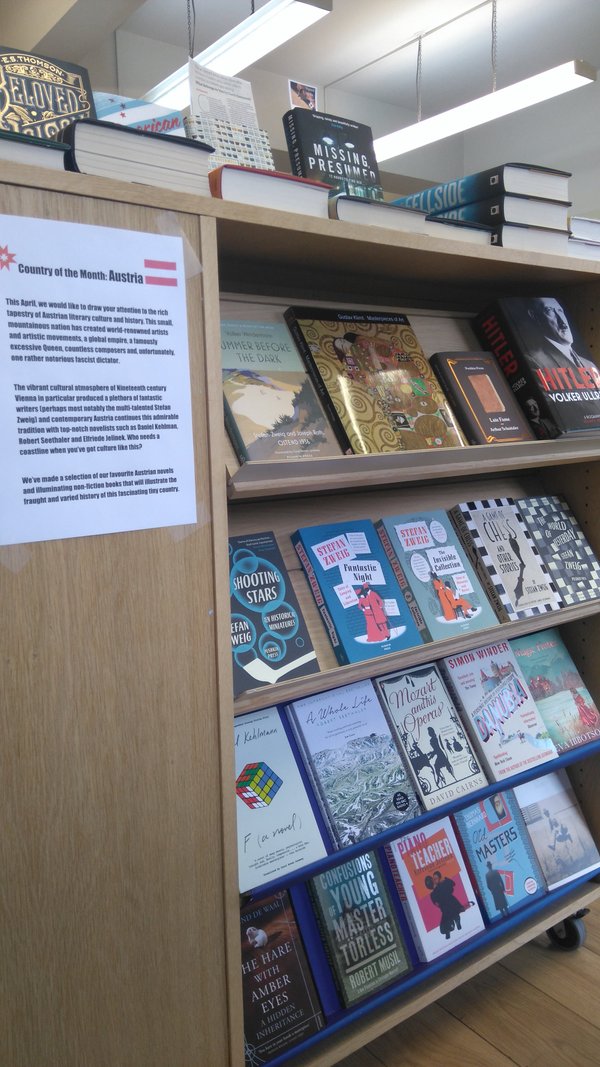 Posted on Twitter yesterday by London independent bookseller
Posted on Twitter yesterday by London independent bookseller  The Haters
The Haters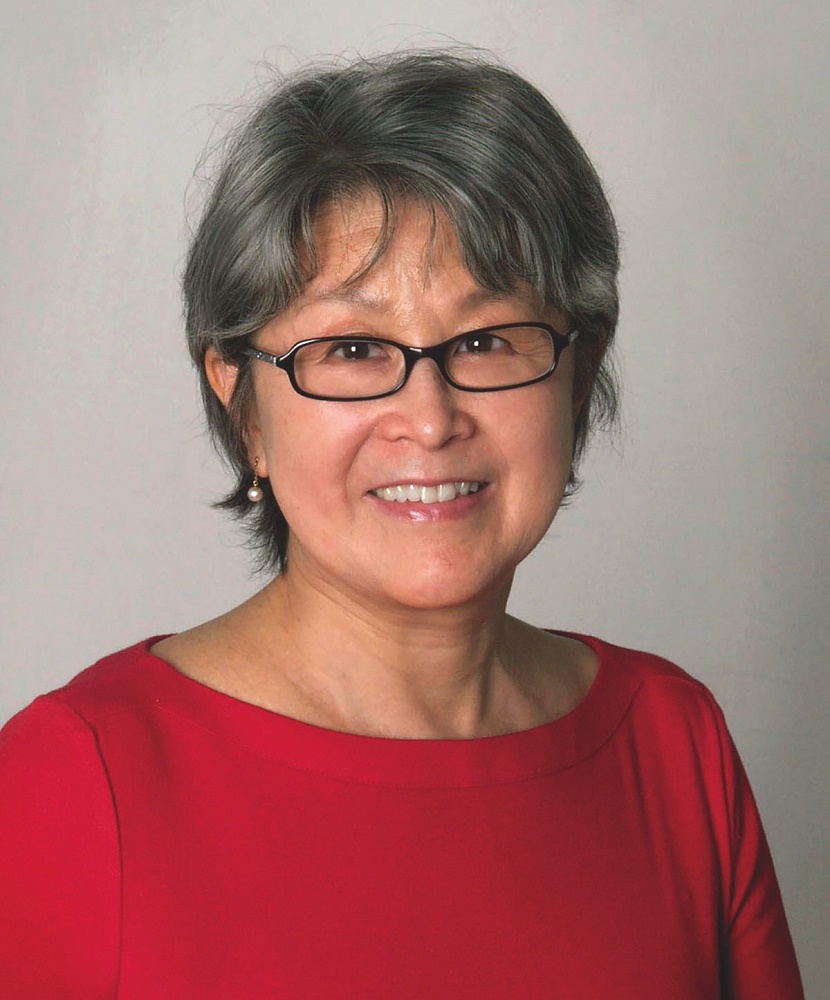
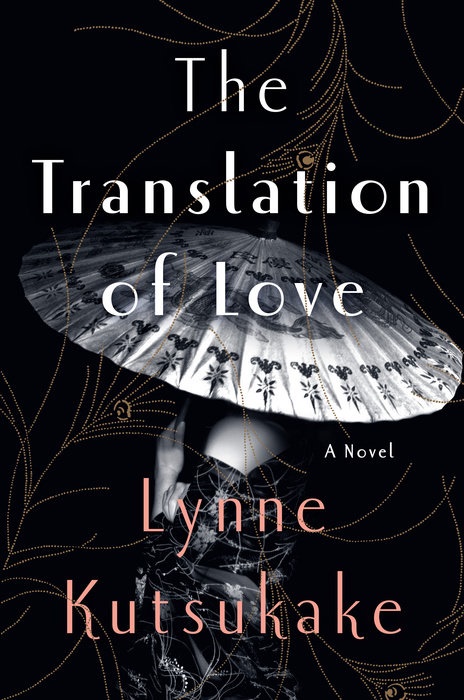 Book you're an evangelist for:
Book you're an evangelist for: It was just a few weeks earlier that 11-year-old Annabelle McBride was hungering for change. She felt like excitement waited for her "like an uncut cake." But now, everything's a terrible mess, and she wishes the blue-eyed, blonde-haired Betty Glengarry had never moved to Wolf Hollow that fateful fall of 1943. From the very beginning, readers of Wolf Hollow will feel the chill this "dark-hearted" 14-year-old bully brings to a close-knit farming community in rural Pennsylvania, foreshadowing "that terrible November."
It was just a few weeks earlier that 11-year-old Annabelle McBride was hungering for change. She felt like excitement waited for her "like an uncut cake." But now, everything's a terrible mess, and she wishes the blue-eyed, blonde-haired Betty Glengarry had never moved to Wolf Hollow that fateful fall of 1943. From the very beginning, readers of Wolf Hollow will feel the chill this "dark-hearted" 14-year-old bully brings to a close-knit farming community in rural Pennsylvania, foreshadowing "that terrible November." 